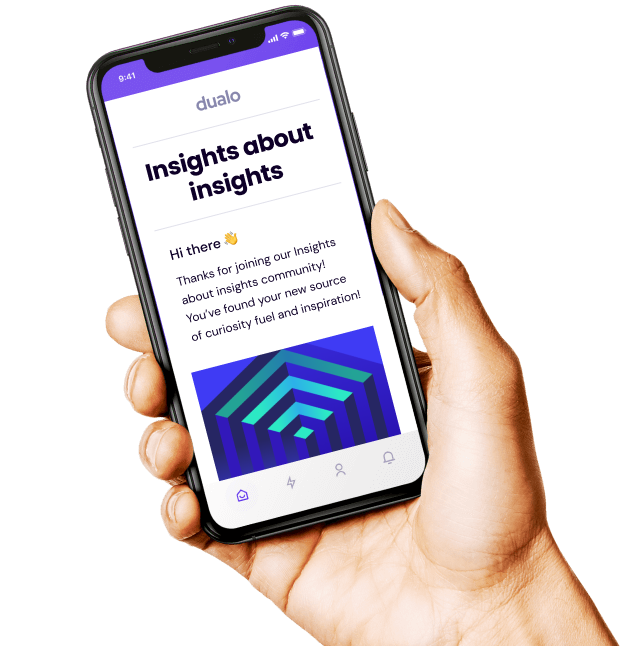Andy Budd on what it takes to do great research in 2022
In this post Andy Budd talks about the evolution of research, how the role of research develops as a business scales, and where the sweet spot for research typically sits along this path. He also shares his thoughts and recommendations around what it takes to be a great researcher in 2022.





.svg)

.jpeg)

.jpeg)
.jpeg)

